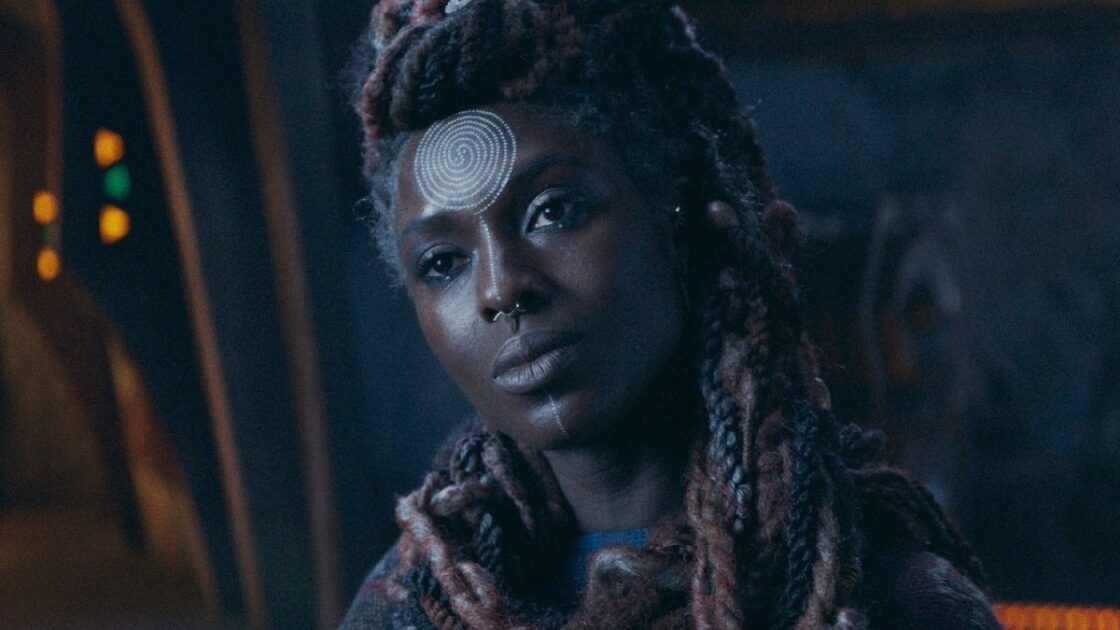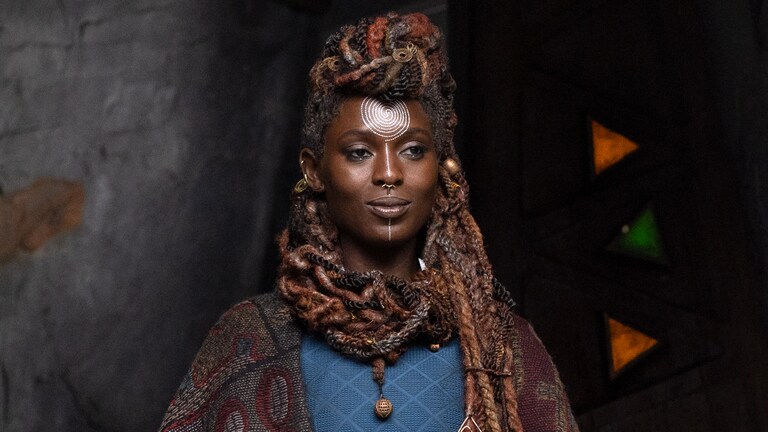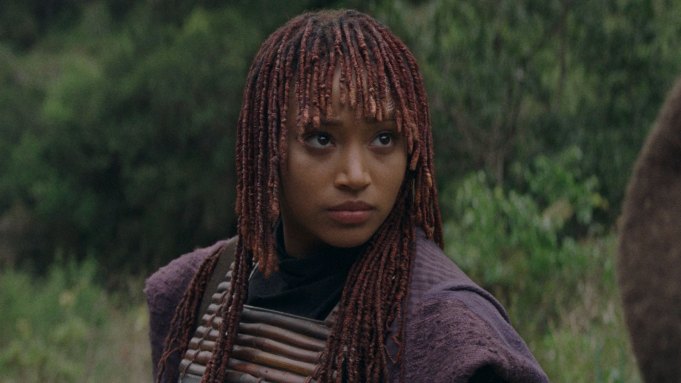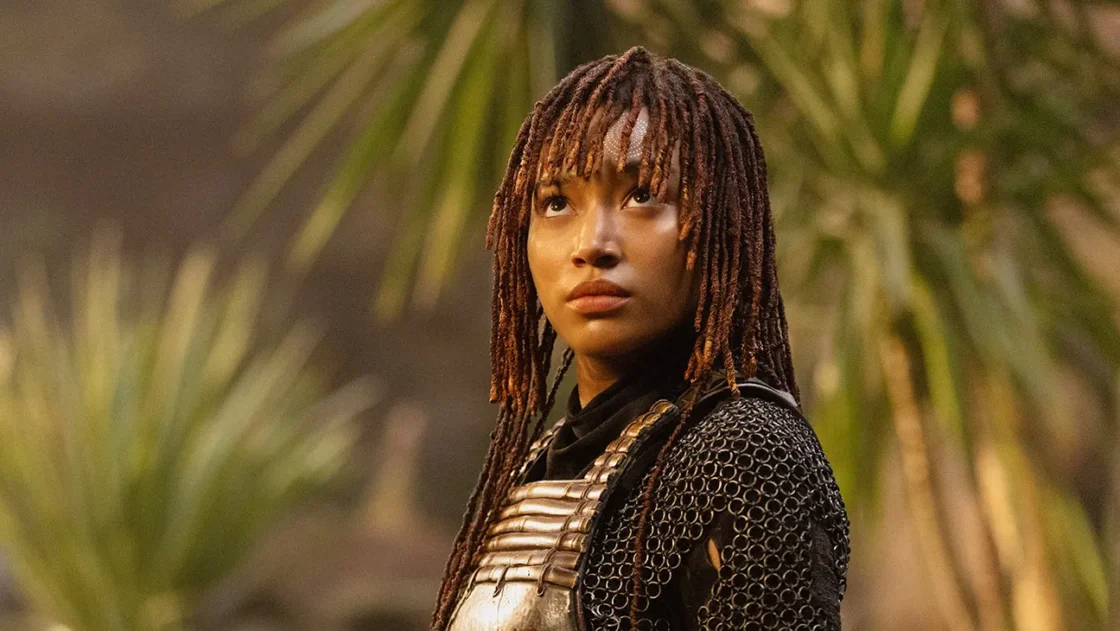
In a candid interview with Glamour UK, actress Jodie Turner-Smith didn’t hold back when expressing her immense disappointment with Disney’s lack of support for her co-star Amandla Stenberg. The two had worked together on the recently-canceled Star Wars series “The Acolyte,” where Turner-Smith portrayed the role of Mother Aniseya. However, it was Stenberg’s experience as the lead that sparked Turner-Smith’s disdain for Disney.

Amandla Stenberg’s Cyberbullying After “The Acolyte”
Amandla Stenberg, who uses they/them pronouns, faced a torrent of cyberbullying and harassment from a segment of the Star Wars fanbase. The hate, with racist and bigoted undertones, was directed at Stenberg even before the show had premiered or any footage had been released. Turner-Smith lamented Disney’s deafening silence in the face of this onslaught, stating, “They’ve got to stop doing this thing where they don’t say anything when people are getting f*cking dog-piled on the internet with racism and bullshit” she said to Glamour UK.

Jodie Turner-Smith’s Call For Accountability
Turner-Smith’s frustration came from what she perceived as a lack of support from the industry giant. “It’s just not fair to not say anything. It’s really unfair,” she claimed, urging Disney to take a firm stance against such unacceptable behavior. The British actress, who is also set to appear in Disney’s upcoming “Tron: Ares” film, suggested that the studio should make a strong statement, declaring that such actions are unacceptable and that those engaging in hate speech cannot be considered true fans.
Inclusivity Arguments And Turner-Smith’s Call For Action
Turner-Smith’s critique extended beyond moral grounds, as she argued that taking a stand against racism could prove financially advantageous for Disney. “People of color, and especially Black people, make up a very large percentage of buying power,” she pointed out. “They might find that it’s actually more lucrative for them, but everyone’s using ‘woke’ like it’s a dirty word.”
Stenberg’s Resilience and Song Released Following Bullying
Despite the onslaught of hatred, Stenberg remained resilient and found a creative outlet to express their feelings. They released a song addressing the “intolerable racism” they faced, with lyrics that challenged the co-opting of the term “woke” by those threatened by its empowering message.

The Lasting Impact of Hate Speech
Even after “The Acolyte” was canceled, Stenberg reflected on the “rampage of vitriol” they had endured, describing it as “hyper-conservative bigotry and vitriol, prejudiced hatred and hateful language.” The experience had a profound impact on them, despite their anticipation of such reactions. Stenberg acknowledged the challenge of navigating these emotions while remaining true to their values and beliefs in their unique position.
The Power of Storytelling and Representation In Hollywood
At the heart of this narrative lies the importance of storytelling and representation in shaping societal perceptions and attitudes. Shows like “The Acolyte,” while short-lived, had the potential to challenge stereotypes and offer fresh perspectives. By advocating for the protection and support of diverse voices, Turner-Smith and others are ensuring that these stories have a chance to be told and heard, ultimately contributing to a more inclusive and understanding world.
Conclusion: Disney Needs To Do More
Jodie Turner-Smith’s candid remarks and unwavering support for Amandla Stenberg have ignited a crucial conversation about the responsibility of corporations and individuals alike to stand up against hate speech and discrimination. Her advocacy serves as a catalyst for positive change, challenging the entertainment industry and society at large to embrace diversity, promote inclusivity, and amplify marginalized voices. By fostering a culture of respect and understanding, we can create a world where everyone feels valued, represented, and empowered to share their stories without fear of hate or discrimination.
